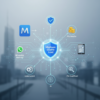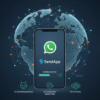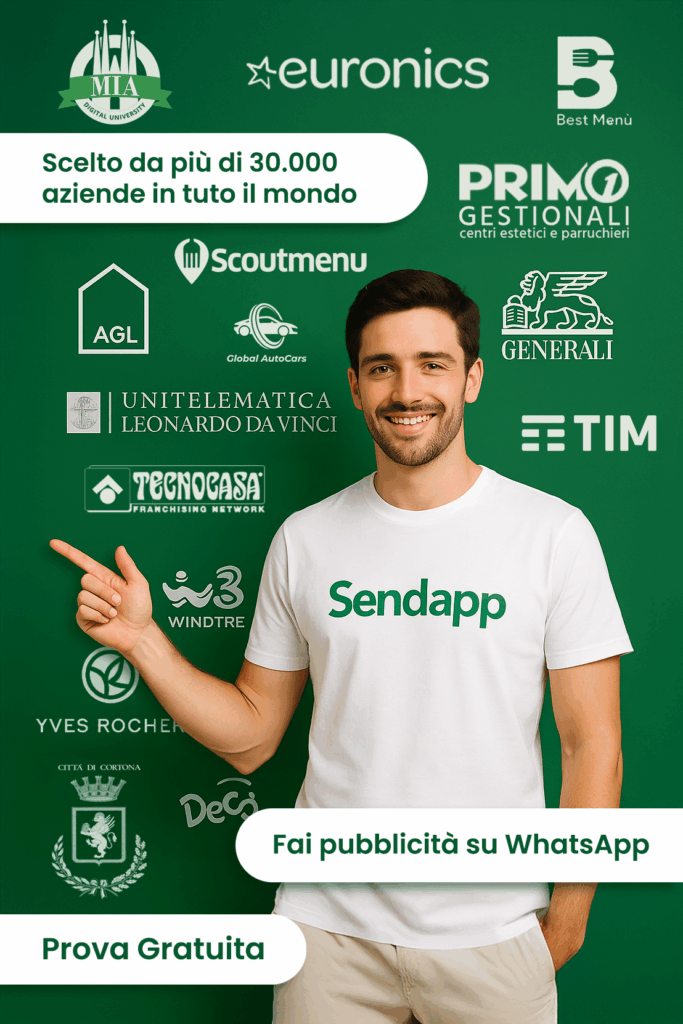Poetry Generated by Artificial intelligence
In the literary world, few things spark excitement like a significant anniversary. “La Gialla,” a prestigious poetry series, is no exception: it celebrates its tenth anniversary with an event that has the power to change the landscape of contemporary poetry. But it's not just a party. Alessandro Canzian, founder of “Samuele Editore,” presented six new titles collaboratively edited with pordenonelegge, touching the hearts and minds of literature enthusiasts.
Selecting Authors: A Creative Dilemma
The mission of the project is clear: to give voice to the authors who play a crucial role in the modern poetic scene. Gian Mario Villalta, artistic director of the festival and remarkably talented author, is the chosen testimonial. As Villalta points out, it is not an easy decision to select authors to include in the series, considering the abundance of talent in the current literary landscape.
The AI Poetry of “La Gialla”: A Revolution in the Literary World
And here's the bombshell news: "La Gialla" made history by publishing the first volume in Italy of poems generated by artificial intelligence. The author, Vincenzo Della Mea, is not only an associate professor of computer science at the University of Udine, but also a pioneer in the use of AI technology in literature. His book, “Clone 2.0,” is a perfect example of how artificial intelligence and human ingenuity can work together to create art.
The Creation Process: Algorithms and Aesthetics
Della Mea trained a language model, specifically GPT-2, using a dataset of around 12,000 poems, as well as computer science and neuroscience texts. Once the training phase was complete, the model was free to create. Della Mea then applied customized algorithms to filter the works, eliminating those with excessive grammatical errors or other defects. Finally, he made the final selection based on his personal taste.
Exploring the Ethical Dimension: What Does It Mean for the Future?
This initiative raises significant questions about the ethics of artificial intelligence in the creative world. It harks back to cultural representations like “Blade Runner,” making us reflect on the dynamic between creators and creations. Is there a risk of 'rebellion' on the part of our digital creations? At the moment, we are more interested in enjoying the benefits of AI in poetry, but dialogue on these ethical issues is inevitable and necessary.
Conclusion: A Step Forward in the World of Poetry
With “Clone 2.0,” “La Gialla” and Vincenzo Della Mea not only celebrate an anniversary, but also open a new chapter in the book of contemporary poetry. It's an exciting time to be a literature and technology enthusiast, and only time will tell how this synthesis of human and artificial intelligence will affect art as a whole.








